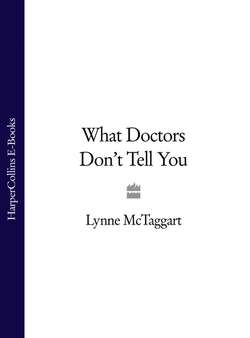Читать книгу What Doctors Don’t Tell You - Lynne McTaggart, Lynne McTaggart - Страница 36
GETTING FIT BEFORE CONCEIVING
ОглавлениеFor any woman worried about producing a normal baby, it may make most sense to get yourself healthy before conceiving, rather than relying on a batch of tests with questionable records of safety and effectiveness. There is plenty of evidence showing a relationship between deformities at birth and low zinc, magnesium and selenium levels in the mother.78 Foresight, the Association for Preconceptual Care, advocates that parents follow wholefood low-allergy diets, cut down on drinking and sort out vitamin/mineral deficiencies and excess levels of toxic metal accumulation in the body before attempting to conceive. In a recent study, 89 per cent of a group of 418 couples went on to give birth to healthy babies after following the Foresight diet and supplement programme. In the study groups, no baby was born before 36 weeks and none was lighter than 2.4kg (5lb 5oz). There were also no miscarriages, perinatal deaths, malformations or babies requiring admission to special care. Of the 418 couples, 75 per cent had either previous infertility problems, miscarriages or stillbirths; many were over 40.
Once you are pregnant, consider seeing an older or holistic gynaecologist or midwife, trained before the days of ultrasound. Most important information (such as multiple births or the baby’s position) can be ascertained by a skilled pair of hands. A fetoscope or stethoscope is the safest way to listen to the baby’s heartbeat. And remember, you can take all the videos you want of your babies – after they are born. Perhaps, too, there is some comfort to be found in the fact that, in 40 per cent of Down’s cases, nature takes its course and the foetus does not survive to full term.
If you do have a Down’s baby, investigate the nutritional programme that is helping many Down’s children lead normal lives and attend mainstream schools.79
